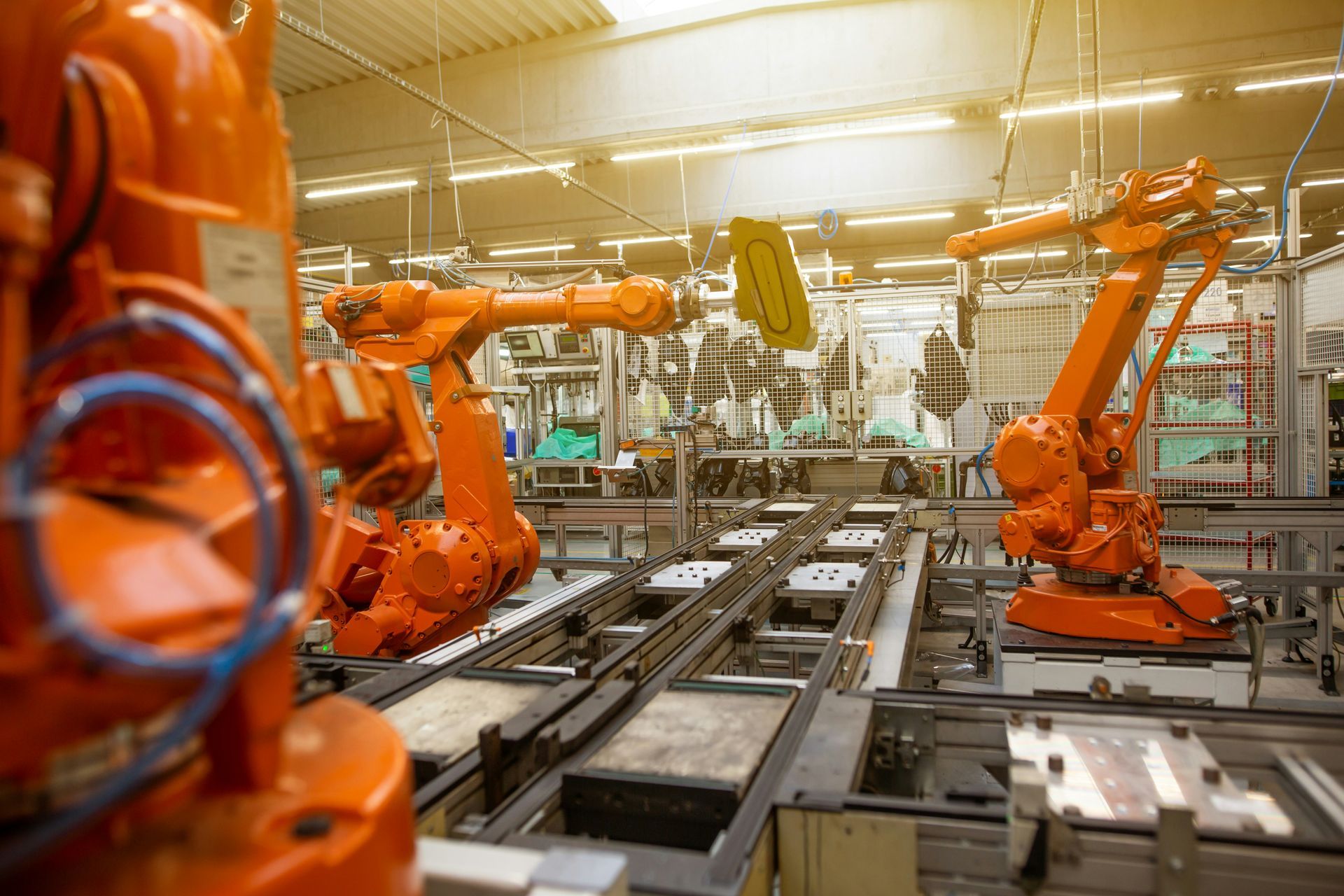Section 179 Expensing & Bonus Depreciation: 2 Powerful Incentives
Maximizing Tax Savings by Balancing Section 179 Expensing & Bonus Depreciation
Introduction
For business owners aiming to minimize tax liability and enhance profitability, understanding tax deductions is essential. Yet, the day-to-day demands of running a business often push tax planning to the back burner. However, putting tax planning low on the priority list can lead to unwarranted tax liabilities.
Section 179 and Bonus Depreciation are two powerful incentives that offer immediate write-offs for qualifying assets, encouraging business investment and helping optimize cash flow. While they share some similarities, each has distinct benefits, limitations, and eligibility criteria. Navigating these rules can be complex, so partnering with a knowledgeable tax professional is often the best way to ensure maximum tax savings.
Below, we'll examine the key aspects of Section 179 and Bonus Depreciation, explore their differences, and provide strategies to make the most of these valuable tax provisions.
Essential Aspects of Section 179
Section 179 allows businesses to deduct the full cost of eligible property and equipment in the year it's purchased and placed into service, rather than spreading the depreciation over several years. Known as the “Small Business Expense,” this provision incentivizes smaller businesses to invest in growth. Here's a closer look at the advantages and limitations:
Advantages of Section 179 Expensing:
- Flexibility: Businesses can choose which assets to expense and even partially apply the deduction. Example: 50% expensing of a new asset while depreciating the rest over its lifespan.
- Eligible Real Property: Certain improvements, like HVAC units, roofs, and Qualified Improvement Property, qualify under Section 179 but not under Bonus Depreciation.
- Consistency: Section 179 is available annually with limits adjusted for inflation, providing a reliable deduction year after year.
Limitations of Section 179 Expensing:
- Annual Cap: For 2024, the maximum deduction is $1,220,000, phasing out for investments totaling over $3,050,000.
- Eligibility Restrictions: Trusts, estates, and larger taxpayers may not qualify. There are certain exceptions but typically these property owners need to find other ways to minimize tax liability.
- Income Limitation: Deductions cannot exceed business income, limiting the ability to create net operating losses.
Examples of Property that Qualify for Section 179 Expensing:
- Tangible personal property (machinery, office equipment, furniture, etc.)
- Off-the-shelf computer software
- Qualified Real Property:
- Roofs
- HVAC equipment
- Security systems
- Fire protection
- Sprinkler systems
- Qualified Improvement Property
Essential Aspects of Bonus Depreciation
Bonus Depreciation offers an accelerated deduction for a broader range of qualifying assets, allowing businesses to take a large percentage of an asset’s cost in the year it's put into use. Unlike Section 179, it has no annual spending cap, making it particularly appealing for larger investments.
Advantages of Bonus Depreciation:
- No Spending Limit: Deductions are not capped, allowing for unlimited write-offs on qualifying property.
- No Income Restriction: Businesses can create net operating losses to offset future tax liabilities.
- Broader Eligibility: Bonus Depreciation covers a wider scope, including land improvements and personal property.
Limitations of Bonus Depreciation:
- All-or-Nothing Application: Must apply to the entire cost of an asset and all assets within the same class life.
- Temporary Provision: Bonus Depreciation is not a permanent provision and depends on legislation for extension. The bonus percentage phases down each year through 2026, creating uncertainty for long-term planning.
- Complex Eligibility: Determining eligibility can be complex, requiring expert guidance.
Examples of Property that Qualify for Bonus Depreciation:
- MACRS GDS property with a class life of 20 years or less
- Computer software that is eligible for depreciation
- Qualified Leasehold Improvements
- Qualified Improvement Property
Example of Balancing Both Incentives
Zoho is a mid-sized company that produces custom machinery. In 2024, they plan to invest in new equipment and improvements to their facility to enhance production capabilities.
Planned Investments:
- New Machinery: $1,000,000
- New Roof: $250,000
- Office Furniture: $100,000
Utilizing Section 179 and Bonus Depreciation:
Section 179 Application:
- Zoho decides to utilize Section 179 for the roof replacement and office furniture:
- Roof Replacement: $250,000
- Office Furniture: $50,000
- Total Section 179 Deduction:$350,000
Bonus Depreciation Application:
- Since the company also invested in new machinery valued at $1,000,000, they opt to apply Bonus Depreciation to this asset.
- New Machinery: $1,000,000
- Total Bonus Depreciation Deduction:$1,000,000
Summary of Deductions
- Total Section 179 Deduction:$350,000
- Total Bonus Depreciation Deduction:$1,000,000
Tax Impact:
With these deductions, Zoho Manufacturing can substantially reduce their taxable income for the year assuming a 30% tax bracket:
- Total Deductible Amount: $350,000 (Section 179) + $1,000,000 (Bonus Depreciation) = $1,350,000
- Total Tax Savings: $1,350,000 x 30% = $405,000
In Summary
Section 179 and Bonus Depreciation both offer significant tax advantages, each catering to different investment strategies.
- Section 179 is ideal for targeted, smaller-scale investments, providing more control over which assets to expense.
- Bonus Depreciation, with its broader reach and lack of spending limits, suits larger investmentsand can generate net operating losses to benefit future tax years.
Understanding the nuances between these two provisions helps businesses make informed decisions, maximizing tax savings and supporting sustained growth. Given the ever-changing tax landscape, consulting with a tax expert, like Align Tax Consulting’s team, is key to developing a strategy tailored to your business’s needs.
Next Steps
If you think your business could benefit from Section 179 or Bonus Depreciation, Align is ready to assist. Contact us to explore how these strategies can optimize your tax situation and enhance your financial success.





